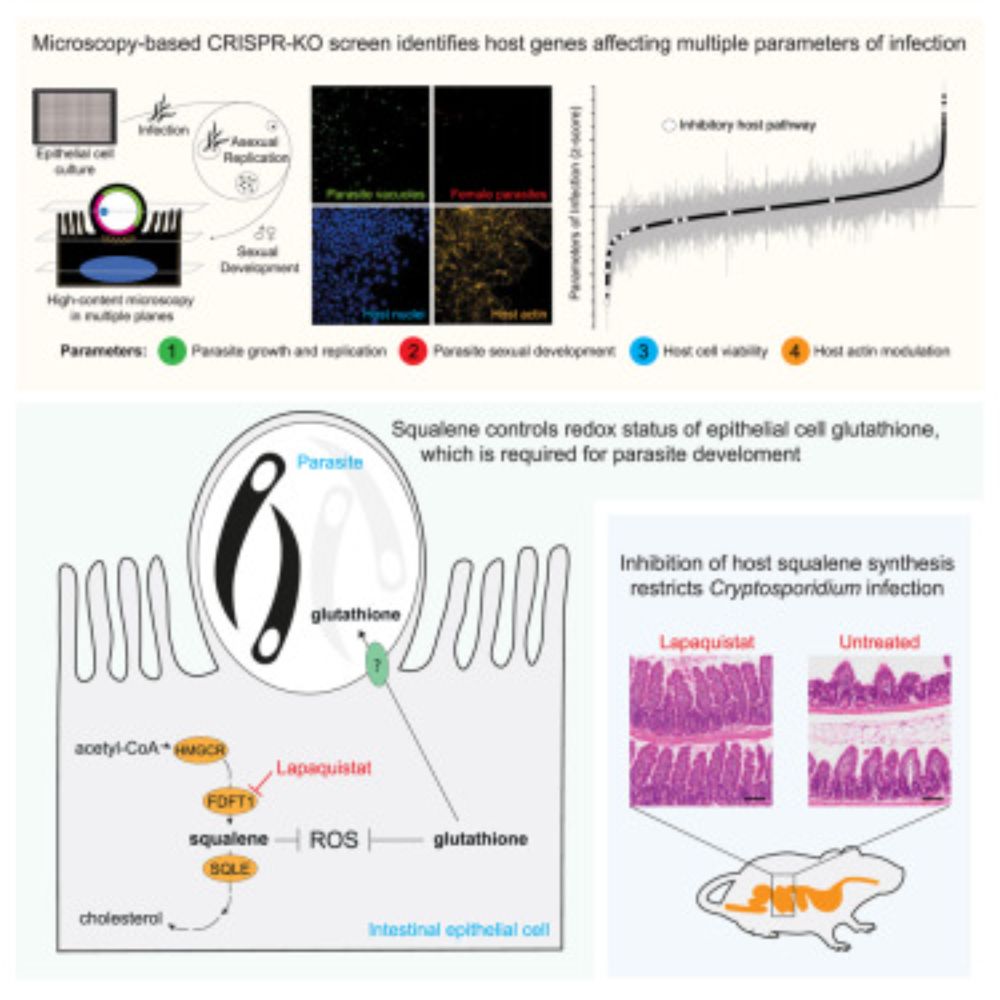
Check out David Jones' PhD work now on BioRxiv
www.biorxiv.org/content/10.1...
Check out David Jones' PhD work now on BioRxiv
www.biorxiv.org/content/10.1...
Main findings and paper below: 🧵⬇️
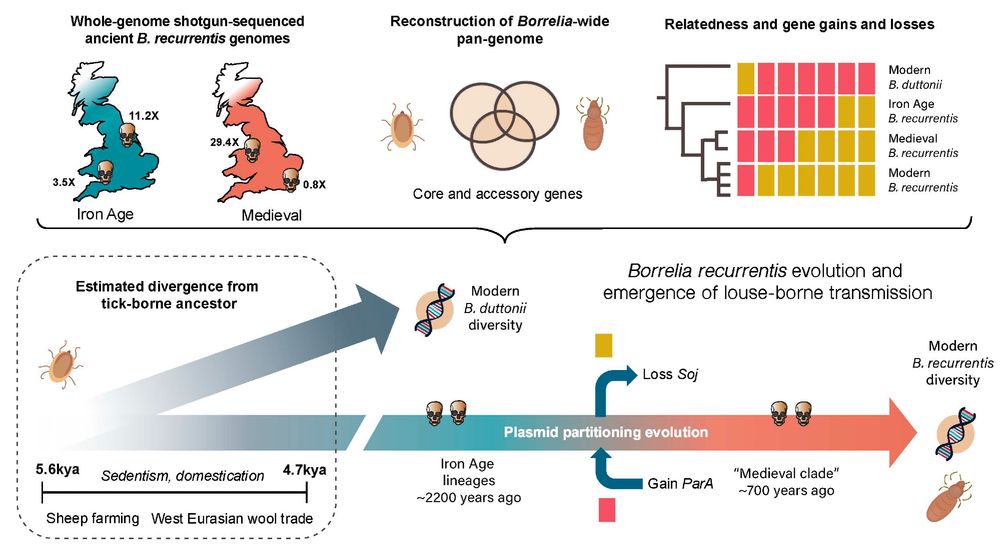
Main findings and paper below: 🧵⬇️
www.crick.ac.uk/news/2025-04...
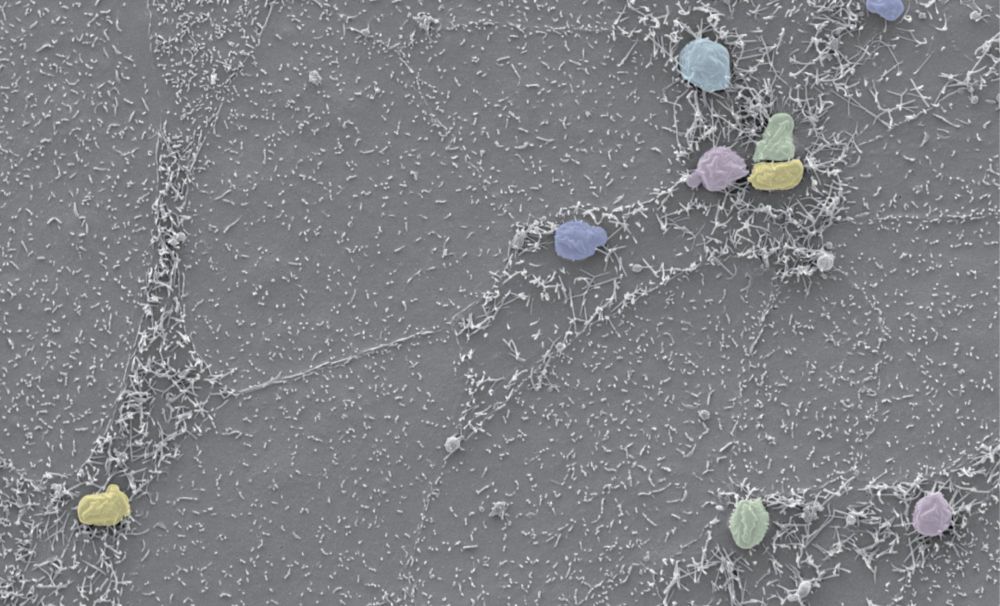
www.crick.ac.uk/news/2025-04...
1/2

1/2


#microscopy 🧪🔬
Image credit: @simon-butterworth.bsky.social

#microscopy 🧪🔬
Image credit: @simon-butterworth.bsky.social
https://buff.ly/3BtpD86

https://buff.ly/3BtpD86

https://buff.ly/3BtpD86
www.biorxiv.org/content/10.1...
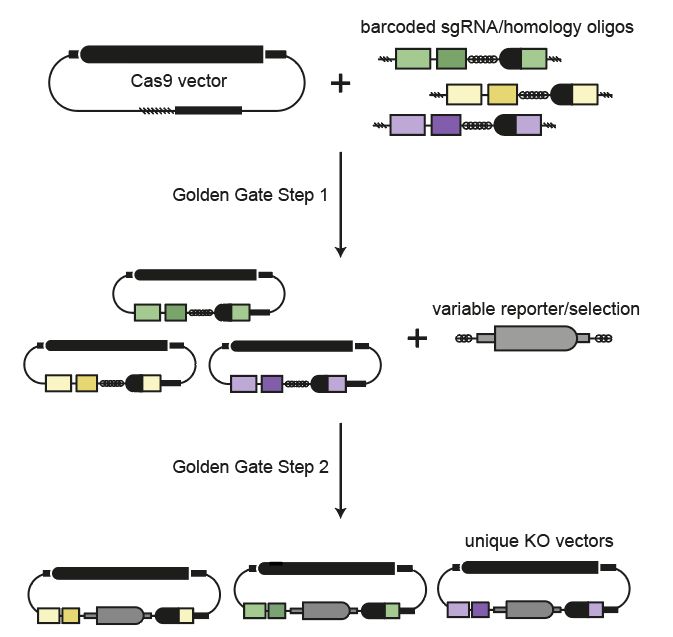
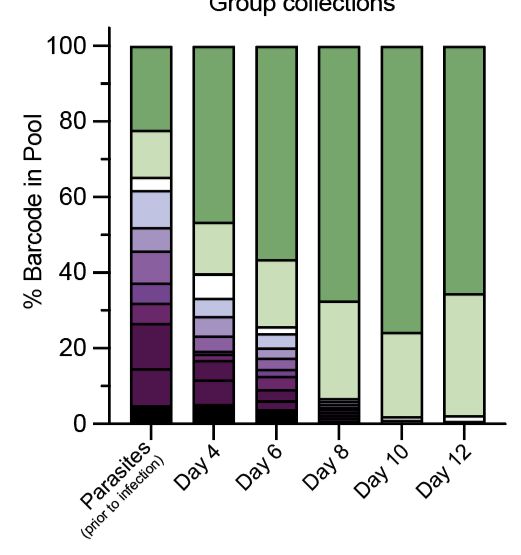
www.biorxiv.org/content/10.1...

